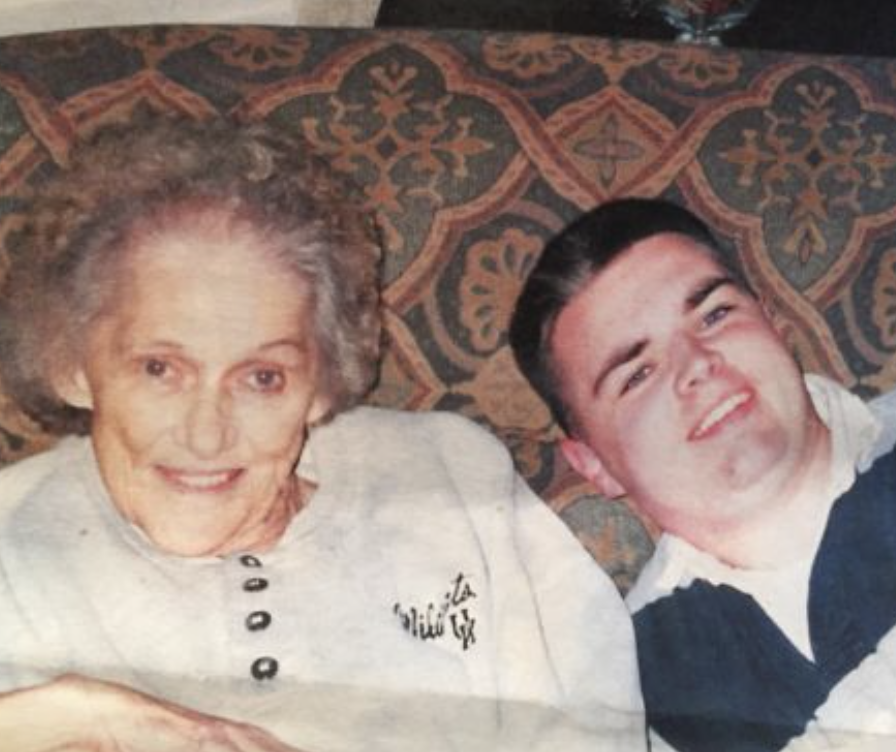Preaching to teen-agers has always been a challenge.
But in the smartphone age, clergy need to realize that the odds of making a spiritual connection have changed – radically. Young people who spend as many as 10 or more hours a day focusing on digital screens will find it all but impossible to listen to an adult talk about anything, especially in a religious sanctuary.
"As long as children have a phone-based childhood there is very little hope for their spiritual education," said Jonathan Haidt, author of a bestseller – "The Anxious Generation" – that has raised the heat in public debates about controlling or banning smartphones in schools.
"An essential precondition is to delay the phone-based life until the age of 18, I would say. Don't let them fall off into cyberspace, because once they do, it's going to be so spiritually degrading for the rest of their lives," he said, in a Zoom interview. "There's not much you can do in church if they are spending 10 hours a day outside of church on their phones."
It would be hard for the cultural stakes to be higher, argued Haidt, the Thomas Cooley Professor of Ethical Leadership at New York University. Thus, his book's weighty subtitle: "How the Great Rewiring of Childhood is Causing an Epidemic of Mental Illness."
While Haidt's work has ignited debates among politicians, academics and high-tech entrepreneurs, reactions have been muted among religious leaders who are usually quick to spot threats to children. Then again, clergy may not be used to a self-avowed Jewish atheist issuing warnings about the "spiritual degradation" of young people.
It would be a big step forward, he said, if "the leaders of various denominations could make a clear statement about how the phone-based childhood is a threat, not only to their mental health, but to their spiritual health. … We can only save our kids from this if we have the churches, families and schools all working together."










